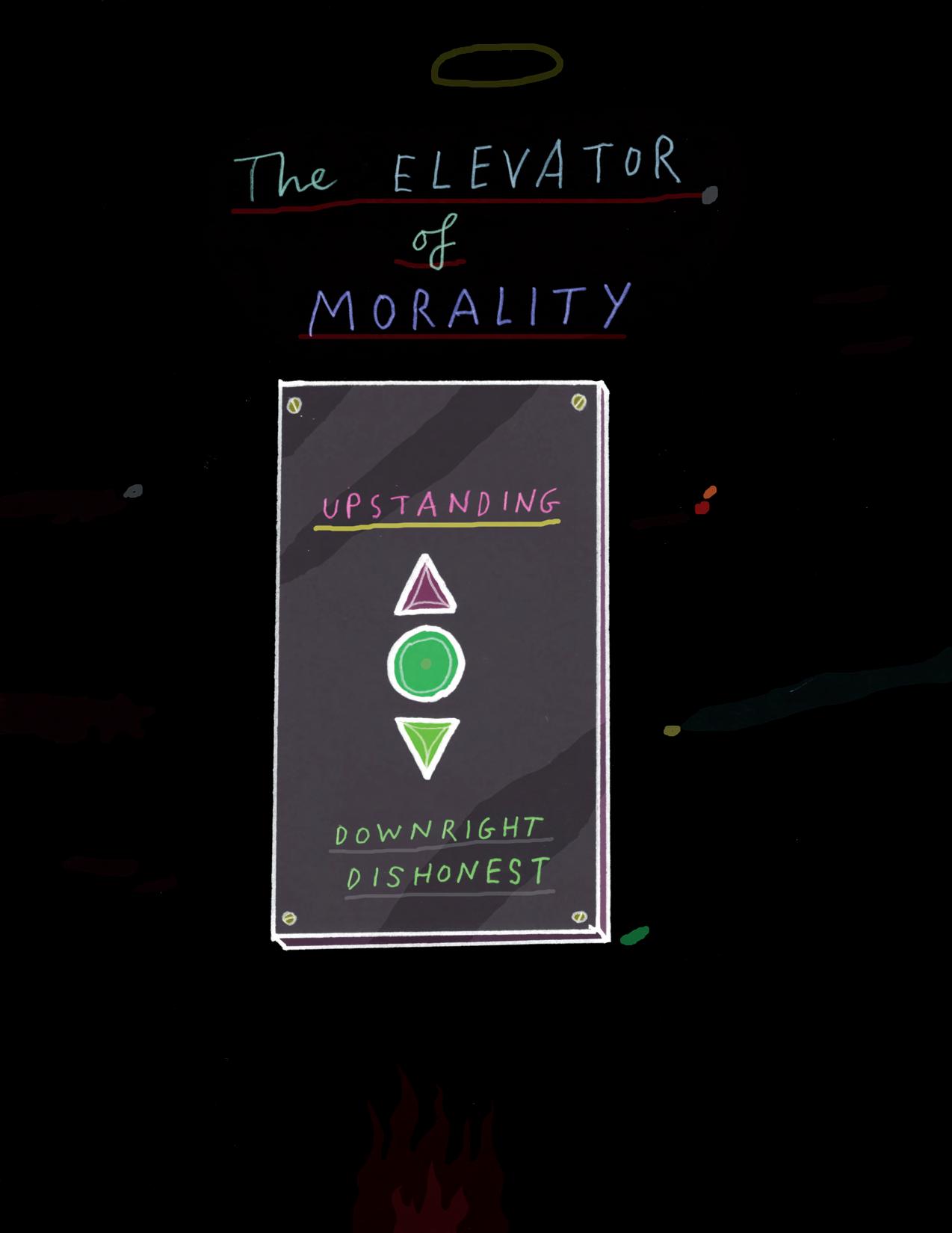
3 minute read
International Anti-Corruption
from TWSM#7
Thinking out of the box International Anti-Corruption
A New Kind of Tsunami
Advertisement
Recently a prominent member of the Commission on Corporate Responsibility and Anti-Corruption of the International Chamber of Commerce (ICC) complained about what he perceived as a “tsumani” of anticorruption documents regularly flooding his desk. Maybe it’s too strong an image, but still a fair indication about inflation of anti-corruption initiatives. The fight against corruption, now pervades all corners of public and corporate governance. A raising number of international organizations want to get a grip on this evil, once dubbed a “cancer”. In this avalanche of documents, there are many international conventions, but I like to pick out here specifically those which require all economic agents’ attention and set the standard for ethics and compliance in international business.
How efficient are those conventions?
All in all, an impressive list of international instruments, but the question is: do they bear any fruit? Are we in a position to say that corruption is decreasing or disappearing? The answer to this is in the hands of the national bureaucracies and the enterprises. Are the former willing to stop soliciting bribes and the latter ready not to offer anymore undue advantages? This requires more than just legal provisions.•
François Vincke
Member of the Brussels Bar, Chair of the ICC Social Responsibility and Anti-Corruption Commission
Good Tools
Two anti-corruption conventions with international impact are: OECD Convention on Combating Bribery of Foreign Public Officials International Business Transactions expects contracting states to criminalize the offer or promise an undue pecuniary or other advantages to a foreign public official in an international commercial context. It does not cover facilitation payments, since they do not constitute payments made to obtain or retain business or other improper advantage. This tolerance of facilitation payments is open to abuse. After consistent criticism from academics and organizations OECD’s 2009 Recommendations require states to review their policies in respect to these. The UN Convention against Corruption (UNCAC) in comparison is comprehensive in covering corruption in its various forms from bribery and trading in influence to embezzlement, investigation and prevention measures. Its innovative section is reIndira Carr is Professor of Law at the University of Surrey. She led a very successful UK Arts & Humanities Research Council funded project on Corruption in International Business. covery of assets obtained through corrupt activity. The recent Arab Spring underlines the importance of repatriating a state’s wealth stolen by its leaders back to its people. Implementation of a convention is a major problem. In this regard the OECD’s approach to monitoring is highly commendable. A recent success story of this process is the enactment of the updated UK Bribery Act in 2010.•
In retrospect, two events stand out as particularly important in changing the view on corruption.
First, the United States pressure on European governments for introduction of legislation similar to the US anti-corruption law, their Foreign Corrupt Practices Act of 1977. Second, a speech by World Bank President Wolfenshon in 1996 on “the cancer of corruption,” seems to have had a significant effect in reducing a diplomatic barrier for many development agencies around the globe. Some countries seem to avoid the new international rules and prefer to let their firms operate internationally with no risk of being sanctioned at home, leading to a higher burden on firms that do respect the rules.
Furthermore, while anticorruption initiatives started with frustration over corrupt governments, the new rules reach primarily the bribing side of the game. Internationally, we have to address corrupt governments much more firmly, with heavy conditionality on accountability on aid and lending, and without much view to the commercial or political values of collaborating with a corrupt regime. Corruption is one of the biggest obstacles to development and we have to stand steady in the fight against it.
Tina Søreide,
Economist at Chr. Michelsen Institute (CMI), Norway










